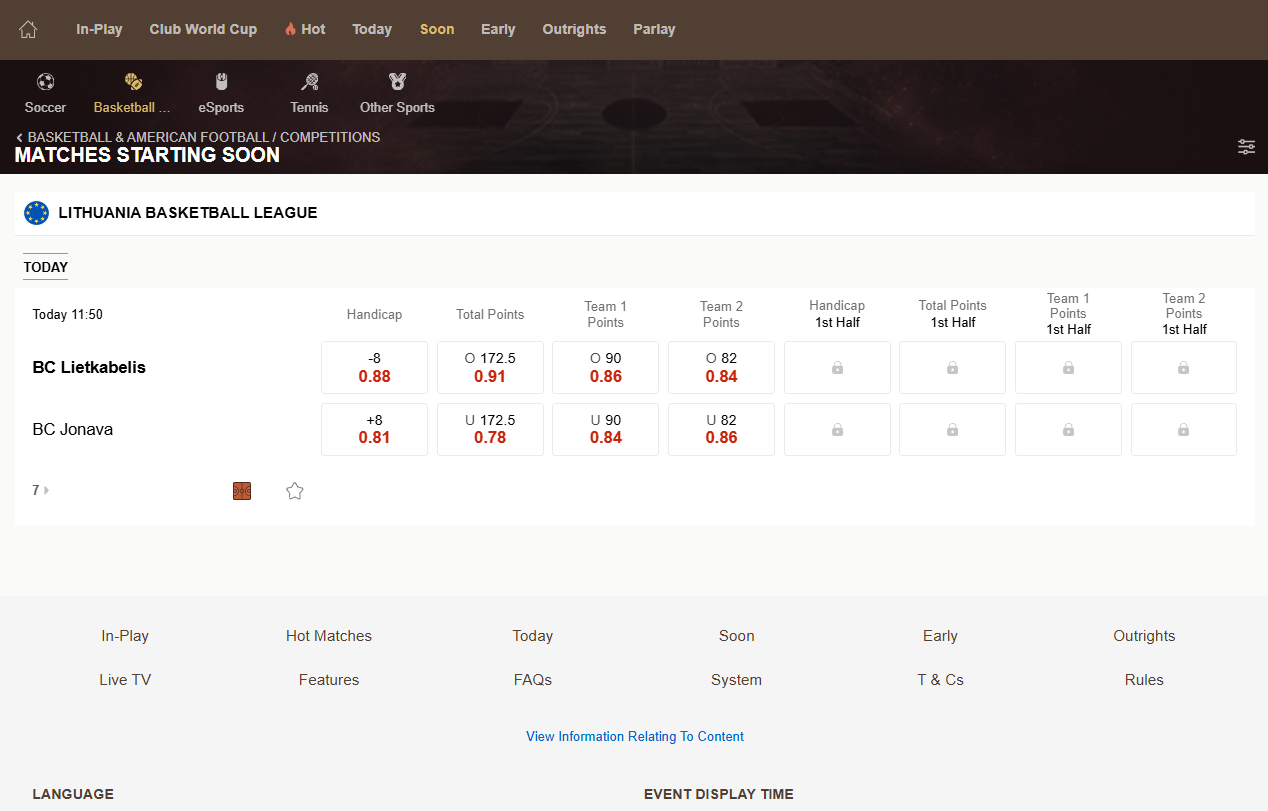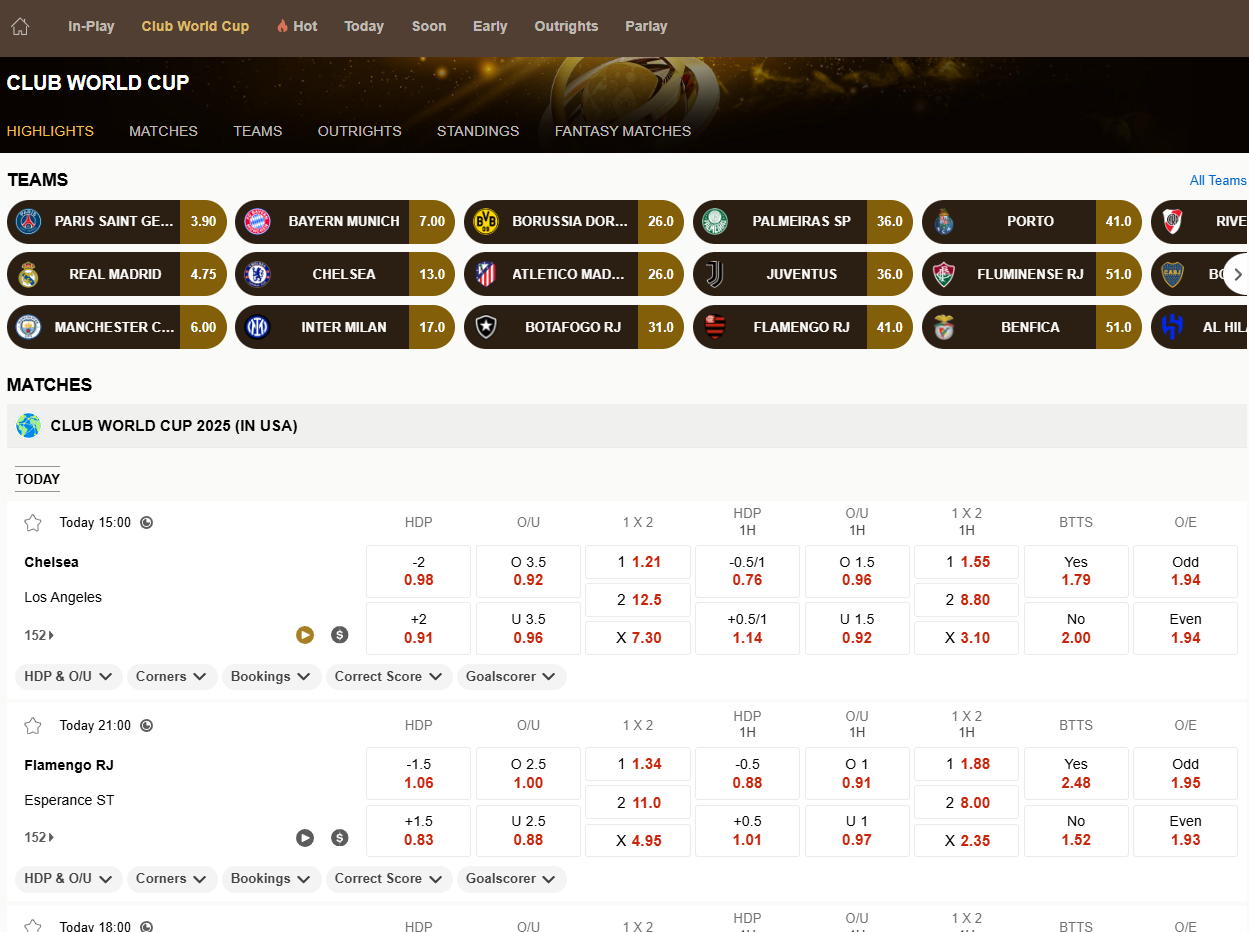Ever felt like you’re throwing money into a black hole when placing bets? You’re not alone. Many gamblers rely on gut feeling and luck, leading to inconsistent results and frustration. But what if there was a way to turn the tables and approach betting with a data-driven strategy? The key lies in tracking your bets. Sounds boring? Trust me, it’s the difference between gambling and investing.

Why Track Your Bets? Isn’t That Just for Nerds?
Absolutely not! Tracking your bets is the foundation of any serious, long-term betting strategy. Here’s why:
- Identify Strengths and Weaknesses: Do you consistently win on under/over bets but struggle with parlays? Tracking highlights your areas of expertise and where you’re bleeding money.
- Optimize Your Strategies: By analyzing your bet history, you can identify patterns, test different strategies, and fine-tune your approach for maximum profitability.
- Manage Your Bankroll Effectively: Knowing where your money is going allows you to set realistic budgets, avoid chasing losses, and protect your capital.
- Recognize Biases and Emotional Betting: Are you betting more on your favorite team, even when the odds are against you? Tracking reveals emotional patterns that can cloud your judgment.
- Prove or Disprove Your Theories: Got a hunch about a particular team or statistic? Tracking allows you to test your theories empirically, rather than relying on intuition.
Okay, I’m Sold. How Do I Track My Bets?
There are several methods, ranging from simple to sophisticated:
- Spreadsheet Software (Excel, Google Sheets): This is a great starting point. Create columns for date, sport, league, team, bet type, stake, odds, result (win/loss), and profit/loss.
- Dedicated Bet Tracking Apps: Numerous apps offer built-in tracking features, often with advanced analytics and visualizations. Some popular options include Betstamp, Action Network, and Tipstrr.
- Manual Journaling: While less efficient, writing down your bets in a notebook can be a good way to stay mindful and reflect on your decisions.
No matter which method you choose, the key is to be consistent and accurate. The more data you collect, the more valuable your insights will be.
What Data Should I Track?
At a minimum, track the following:
- Date: When the bet was placed.
- Sport and League: (e.g., NFL, NBA, Premier League).
- Team/Player: Involved in the bet.
- Bet Type: (e.g., moneyline, spread, over/under, prop bet).
- Stake: Amount of money wagered.
- Odds: Decimal, fractional, or American odds.
- Result: Win, loss, or push.
- Profit/Loss: Net gain or loss on the bet.
You can also add optional fields like:
- Bookmaker: Which platform you used.
- Notes: Any relevant information about the bet (e.g., injury news, weather conditions).
- Confidence Level: How confident you were in the bet (on a scale of 1-10).
Turning Data into Actionable Insights
Tracking is only the first step. The real magic happens when you analyze your data and identify trends. Ask yourself questions like:
- Which sports/leagues am I most profitable in?
- Which bet types are consistently winning for me?
- Which bookmakers offer the best odds for my preferred bets?
- Am I chasing losses?
- Am I overconfident in certain situations?
By answering these questions, you can make informed decisions, refine your strategies, and increase your chances of long-term success.
The Takeaway: Tracking Bets is a Game Changer
Tracking your bets isn’t just about recording wins and losses; it’s about understanding your strengths, weaknesses, and biases. It’s about transforming your gambling from a game of chance into a strategic investment. So, ditch the gut feelings and start tracking your bets today! Your wallet will thank you.
What are your favorite bet tracking tools or strategies? Share them in the comments below!
Like this post? Give it a thumbs up and share it with your fellow bettors!
